Modernity is a qualitative, not a chronological, category
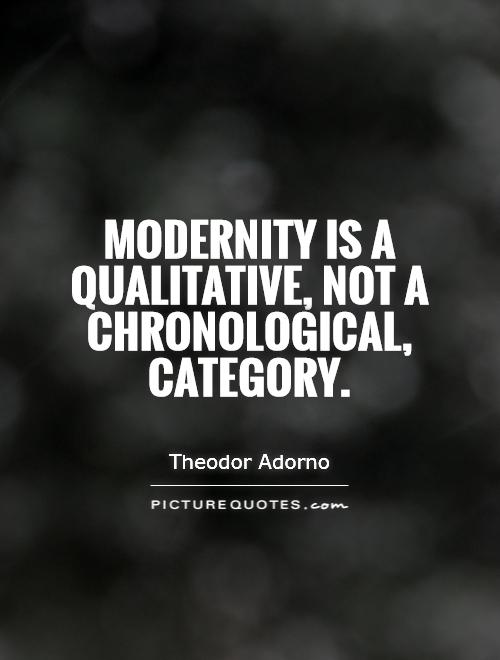
Modernity is a qualitative, not a chronological, category
The statement "Modernity is a qualitative, not a chronological, category" is a key concept in the work of Theodor Adorno, a prominent German philosopher and sociologist associated with the Frankfurt School. Adorno's critical theory sought to analyze and critique the social, cultural, and political conditions of modern society, particularly in the aftermath of World War II. In this context, Adorno argued that modernity should not be understood simply as a period in history marked by certain technological advancements or social changes, but rather as a complex and multifaceted phenomenon that encompasses a range of cultural, political, and philosophical dimensions.For Adorno, modernity was not simply a matter of when certain events or developments occurred, but rather a question of the ways in which society and culture had been transformed by the forces of capitalism, industrialization, and mass media. In his seminal work "Dialectic of Enlightenment," co-authored with Max Horkheimer, Adorno explored the ways in which reason and rationality had become instrumentalized and commodified in modern society, leading to a loss of critical thought and a sense of alienation and disenchantment among individuals.
Adorno's critique of modernity was deeply influenced by his engagement with the works of philosophers such as Immanuel Kant and Georg Wilhelm Friedrich Hegel, as well as his own experiences living through the tumultuous events of the 20th century. He argued that modernity was characterized by a tension between the potential for human liberation and creativity on the one hand, and the forces of domination and control on the other. In this sense, modernity was not simply a historical period, but a set of contradictions and conflicts that continued to shape the world in which we live.
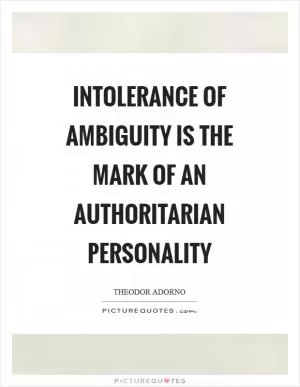
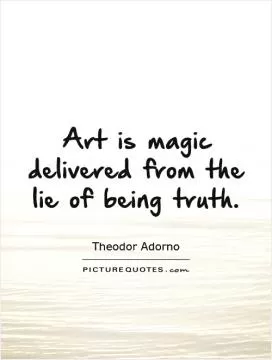
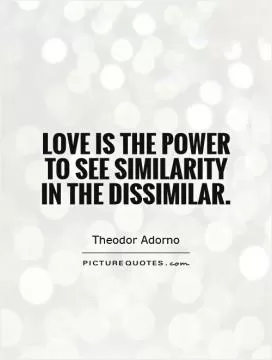

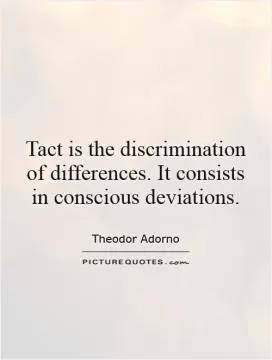


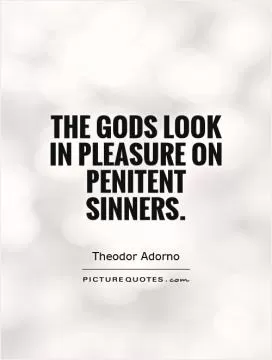
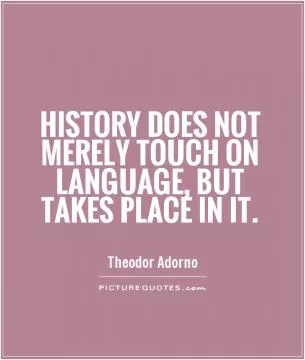
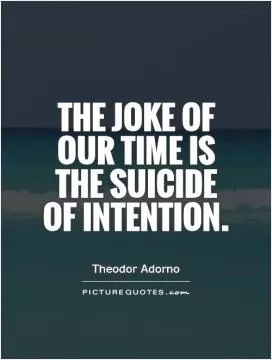
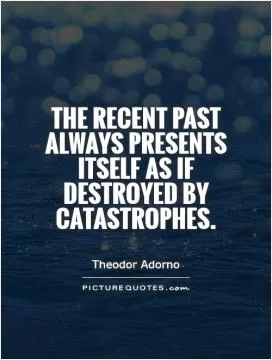
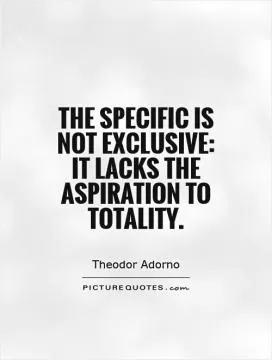
 Friendship Quotes
Friendship Quotes Love Quotes
Love Quotes Life Quotes
Life Quotes Funny Quotes
Funny Quotes Motivational Quotes
Motivational Quotes Inspirational Quotes
Inspirational Quotes